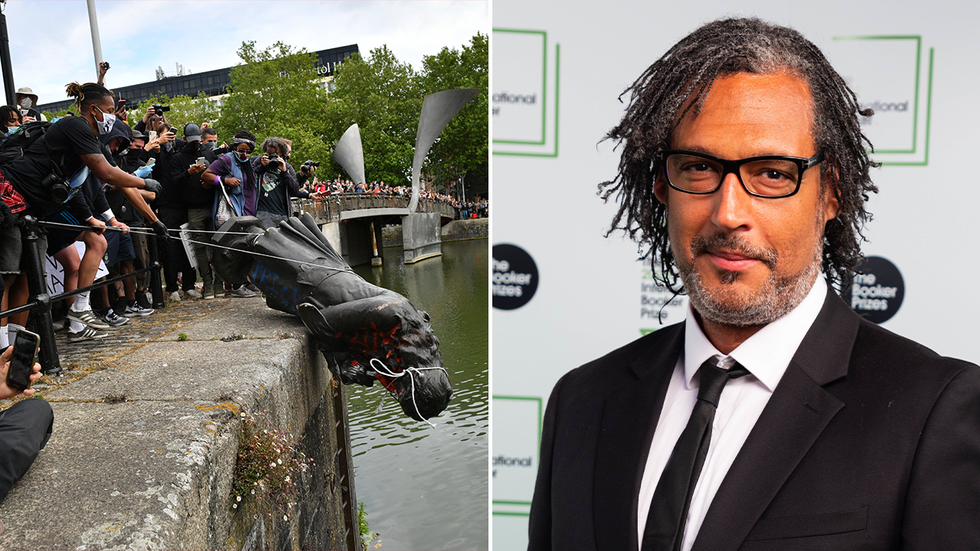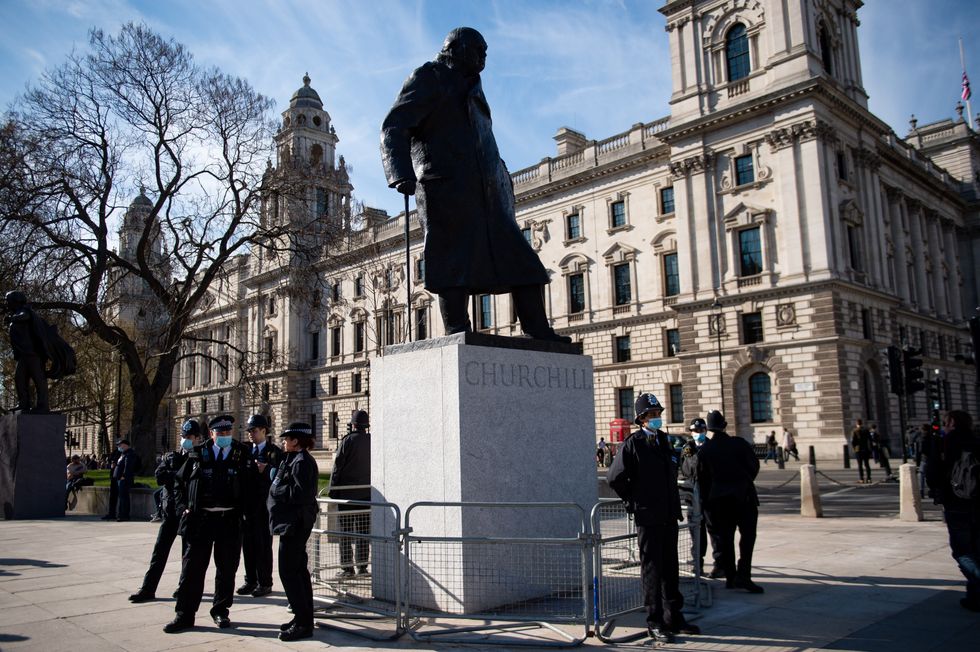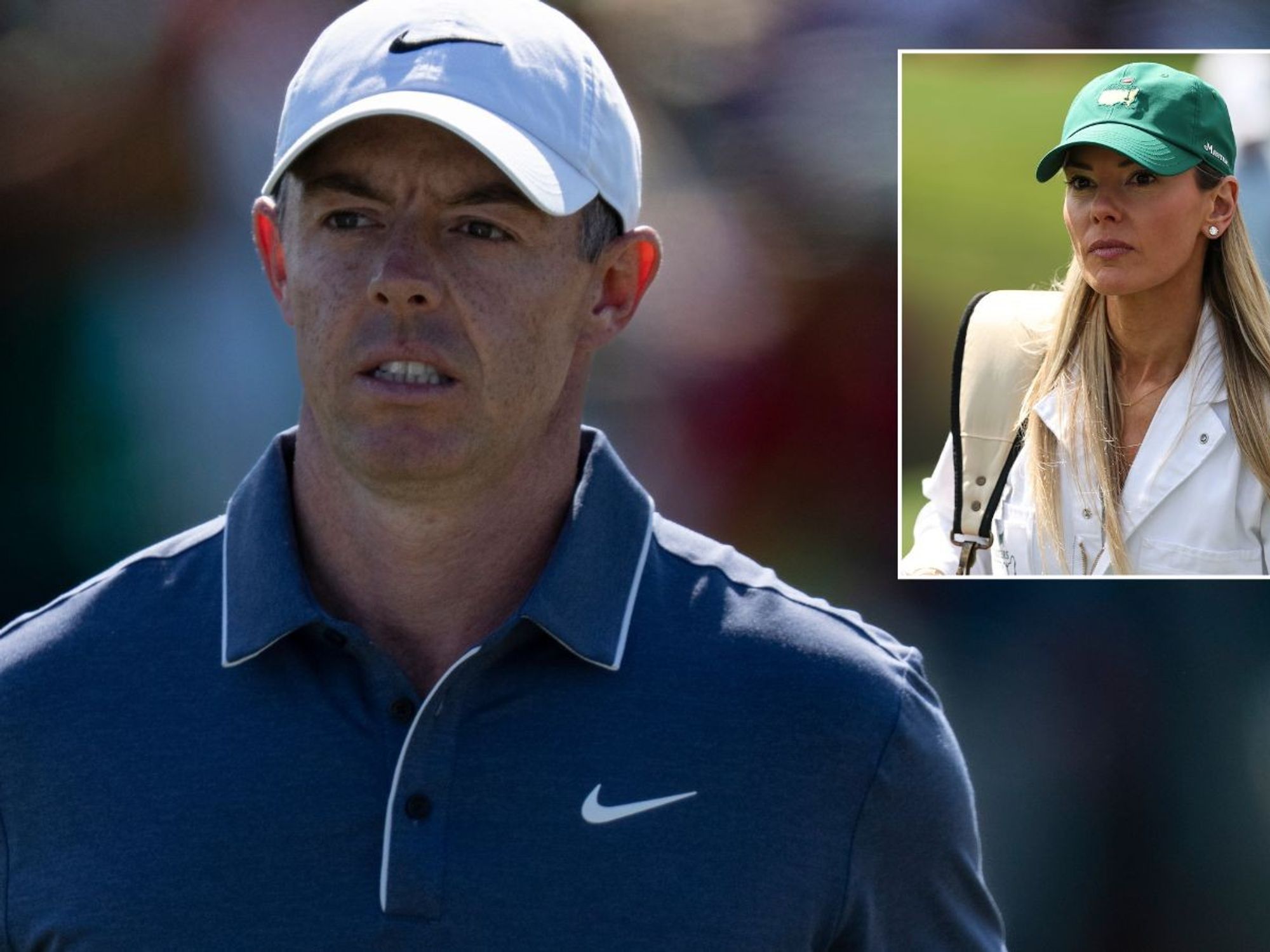The academic is currently fronting a BBC documentary on the UK’s history
Don't Miss
Most Read
Trending on GB News
BBC presenter David Olusoga has claimed statues are “full of lies” as he questioned their ability to teach history.
The academic is currently fronting a BBC documentary on the UK’s history and focused on the Government’s “retain and explain” approach to controversial statues.
Debate was sparked on the matter in 2021 when the statue of slave trader Edward Colston was toppled in Bristol during the Black Lives Matter protests in 2020.
Speaking about the Government’s response to the matter on BBC Radio 4, Professor Olusoga said adding context to controversial statues is appropriate “in some cases”, adding: “Why would you want a statue of a man who was a mass murderer or a slave trader on public display?”

David Olusoga says statues fail to teach us about history effectively
PA
He took particular issue with Winston Churchill’s statue in Westminster, London, which has been deemed “contentious” after being targeted by activists.
“All the statue says is, ‘here’s a great man’,” he said.
LATEST DEVELOPMENTS
“He was a great man in many ways, but also very troubling in many ways.
“That complexity is exactly the point, you learn that from history books, I would like to think you learn it from documentaries too.”
Churchill’s statue was defaced by anti-capitalist demonstrators in 2000, before becoming a flashpoint for BLM campaigners in 2020 after the murder of George Floyd by US police.
Olusoga suggested statues of contentious figures do little to explain why the individuals they are depicting are so divisive, commenting they are “full of lies”.

Winston Churchill's statue has proven to be contentious
PA
Pressed over whether he is “arguing against statues”, the historian said he is simply arguing that statues do little to teach.
New Government guidance on statues was published by Culture Secretary Lucy Frazer.
A full explanation to give a “fuller understanding of the historic context” of controversial statues could be in the offing.
With the help of academics and heritage experts on the Government-appointed Heritage Advisory Board, the guidance was formulated.
The toppling of Colston’s statue in Bristol sparked widespread controversy after the protesters were later found not guilty of causing criminal damage.
Many statues across Britain are facing calls for removal, including one of imperialist Cecil Rhodes, based at Oxford University.
The ‘Rhodes Must Fall’ campaign failed in 2021 after it was decided the statue would remain in place due to difficulties removing it.
Frazer said: "History is nuanced and complex. It is full of grey areas, which is what makes it so interesting and, of course, there are times when statues and monuments depict people or events that we very much disapprove of today.
"At the same time, the UK has a proud history as an engine for progress, democracy and liberal values.
"That is why I want all our cultural institutions to resist being driven by any politics or agenda and to use their assets to educate and inform rather than to seek to erase the parts of our history that we are uncomfortable with."









